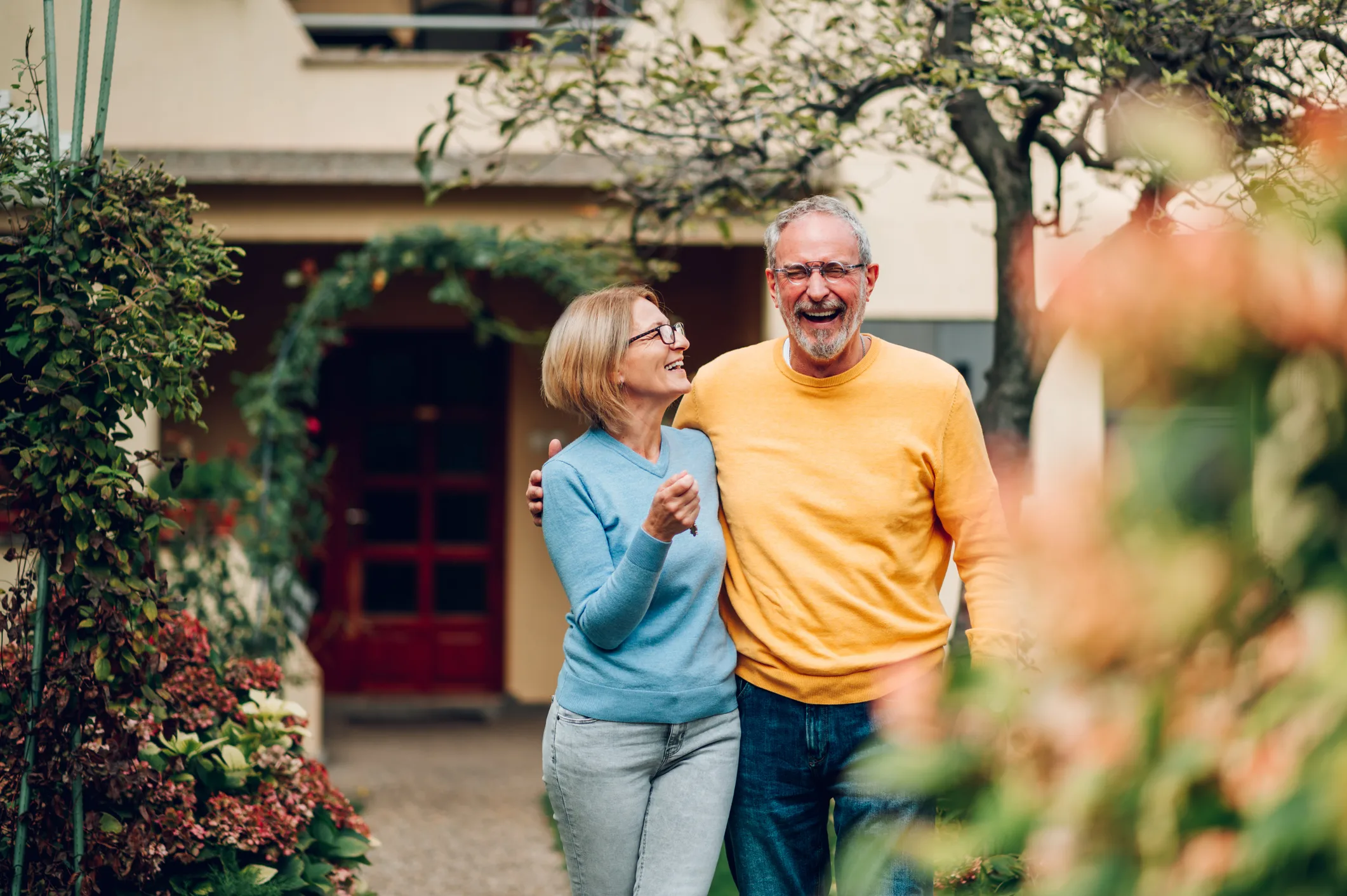How many of you always look on the bright side? Well then you may have an important health advantage over those who don’t!
A Mayo clinic article highlights the health benefits of positive thinking to be:
- Increased life span
- Lower rates of depression
- Lower levels of distress and pain
- Greater resistance to illnesses
- Better psychological and physical well-being
- Better cardiovascular health and reduced risk of death from cardiovascular disease and stroke
- Reduced risk of death from cancer
- Reduced risk of death from respiratory conditions
- Reduced risk of death from infections
- Better coping skills during hardships and times of stress
This is not hyperbole, but actual fact based on research. One train of thought is having a positive outlook enables you to cope better with stressful situations, which reduces the harmful health effects of stress on your body.
It’s also thought that positive and optimistic people tend to live healthier lifestyles — they get more physical activity, follow a healthier diet, and don’t smoke or drink alcohol in excess.
Focusing on positive thinking
You can learn to turn negative thinking into positive thinking. The process is simple, but it does take time and practice — you’re creating a new habit, after all. Following are some ways to think and behave in a more positive and optimistic way:
- Identify areas to change. If you want to become more optimistic and engage in more positive thinking, first identify areas of your life that you usually think negatively about, whether it’s work, your daily commute, life changes or a relationship. You can start small by focusing on one area to approach in a more positive way. Think of a positive thought to manage your stress instead of a negative one.
- Check yourself. Periodically during the day, stop and evaluate what you’re thinking. If you find that your thoughts are mainly negative, try to find a way to put a positive spin on them.
- Be open to humor. Give yourself permission to smile or laugh, especially during difficult times. Seek humor in everyday happenings. When you can laugh at life, you feel less stressed.
- Follow a healthy lifestyle. Aim to exercise for about 30 minutes on most days of the week. You can also break it up into 5- or 10-minute chunks of time during the day. Exercise can positively affect mood and reduce stress. Follow a healthy diet to fuel your mind and body. Get enough sleep. And learn techniques to manage stress.
- Surround yourself with positive people. Make sure those in your life are positive, supportive people you can depend on to give helpful advice and feedback. Negative people may increase your stress level and make you doubt your ability to manage stress in healthy ways.
- Practice positive self-talk. Start by following one simple rule: Don’t say anything to yourself that you wouldn’t say to anyone else. Be gentle and encouraging with yourself. If a negative thought enters your mind, evaluate it rationally and respond with affirmations of what is good about you. Think about things you’re thankful for in your life.
Practicing positive thinking every day
If you tend to have a negative outlook, don’t expect to become an optimist overnight. But with practice, eventually your self-talk will contain less self-criticism and more self-acceptance. You may also become less critical of the world around you.
Source:











